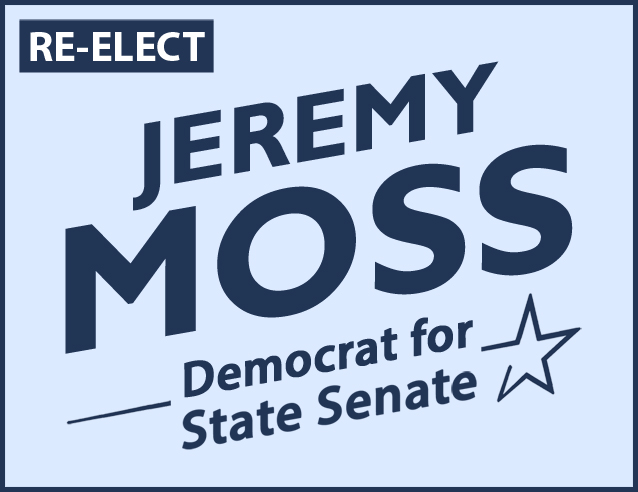The Southfield City Council voted 5-0 Monday to approve a human rights ordinance, joining more than 30 municipalities in Michigan to protect the rights of gay, lesbian and transgender people.
"It's been a long time coming," said former City Councilman Jeremy Moss, one of the ordinance's initial sponsors.
The ordinance crafted by City Attorney Sue Ward "melds" together the city's Fair Housing Practices Ordinance with protections for "sexual orientation and gender identity ... into one ordinance," Ward said.
The protections include employment, housing and accommodation and violations will be considered civil infractions, which can carry fines, she said. The ordinance is expected to go into effect in March.
"We do not anticipate a flood of complaints," because the ordinance acts as a deterrent, Ward told the council during a study session prior to the group's regular meeting.
Moss and former Mayor Brenda Lawrence initially proposed the ordinance in December 2013. It was referred to the city attorney at that time, and earlier this month, acting Council President Sylvia Jordan brought it up at a council study session.
Moss is now a state representative and Lawrence is a U.S. representative. Both were elected to their new positions in November. Their departures from council have left one seat vacant. Councilman Sid Lantz was absent from the meeting.
Making a case
Moss and 11 other people spoke before the council about the proposed ordinance.
Only one speaker opposed the proposal.
The proposal "is an ordinance in search of a problem," said Southfield resident Mack Tario. He asked to see data demonstrating there is a problem, and he also asked, "Why is transgender lobbed onto it?"
But another Southfield resident told the council that she and her partner had experienced egging, a mailbox being blown up and six of eight tires being damaged.
And resident Robert Wilis said that 25 years ago he appeared before the council, asking for protection at a time when African Americans were moving to Southfield. His request for protection and "equal access did not include the the gay and transgender (community). That needs to be corrected."
Several residents spoke to the council about the accomplishments of their children who are gay, and an organizer for the Ferndale Pride event also made an appeal.
Firsthand experience
Former Councilwoman Barbara Talley, a member of the Martin Luther King Task Force, spoke of the need to expand the rights ordinance, saying that she comes "from a different point of view."
Talley recounted her family's personal experiences with discrimination. In the 1950s, when her family purchased their first house, a petition was started to get them off the street, she recalled.
Paraphrasing Dr. King, Talley told the council, "Discrimination is a hell hound." And she criticized those who may have opposed the ordinance on religious grounds.
Those comments and others drew a sharp retort from Jordan, who said as an investigator for the federal EEOC, she had fought for civil rights.
Councilwoman Joan Seymour objected to criticims, saying she was "totally in support" of the ordinance.
Diverse makeup
Also reflecting on the speakers, Councilman Ken Siver said, "I couldn't say it any better. ... The diversity of the speakers is reflected" in those who make up the city.
"Clearly, it is just the right thing to do," he added.
Following the meeting, Moss said the new ordinance makes Southfield a "community of inclusion," bringing it "more in the mainstream" with other communities that have passed such ordinances.
Now, Moss is planning his next step.
"I want to take this to Lansing," he said. "If Southfield can do it, there is no reason why the state of Michigan should not do likewise."
